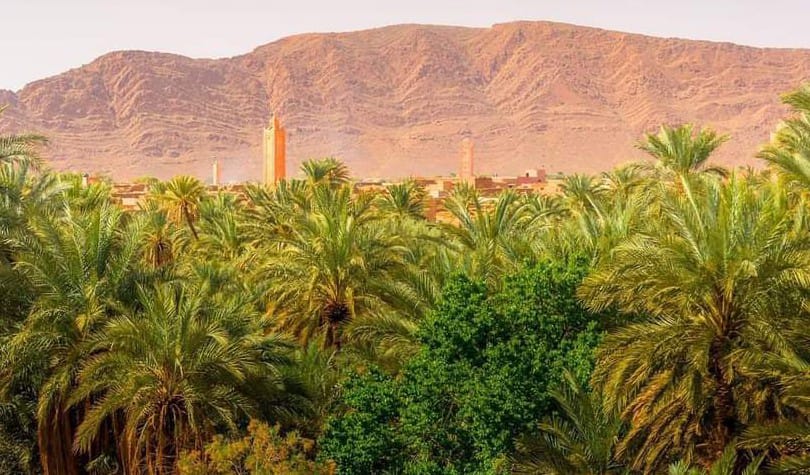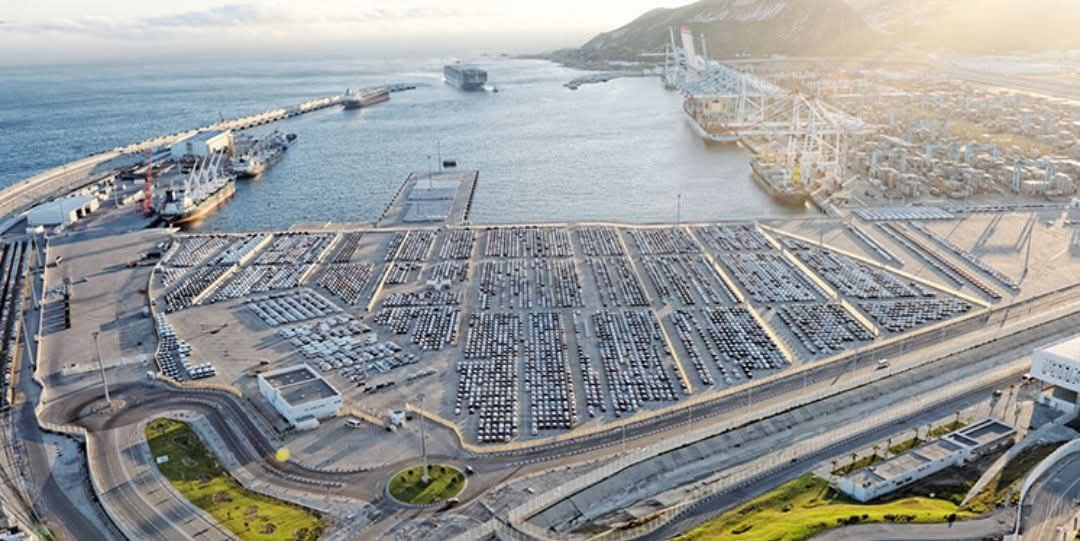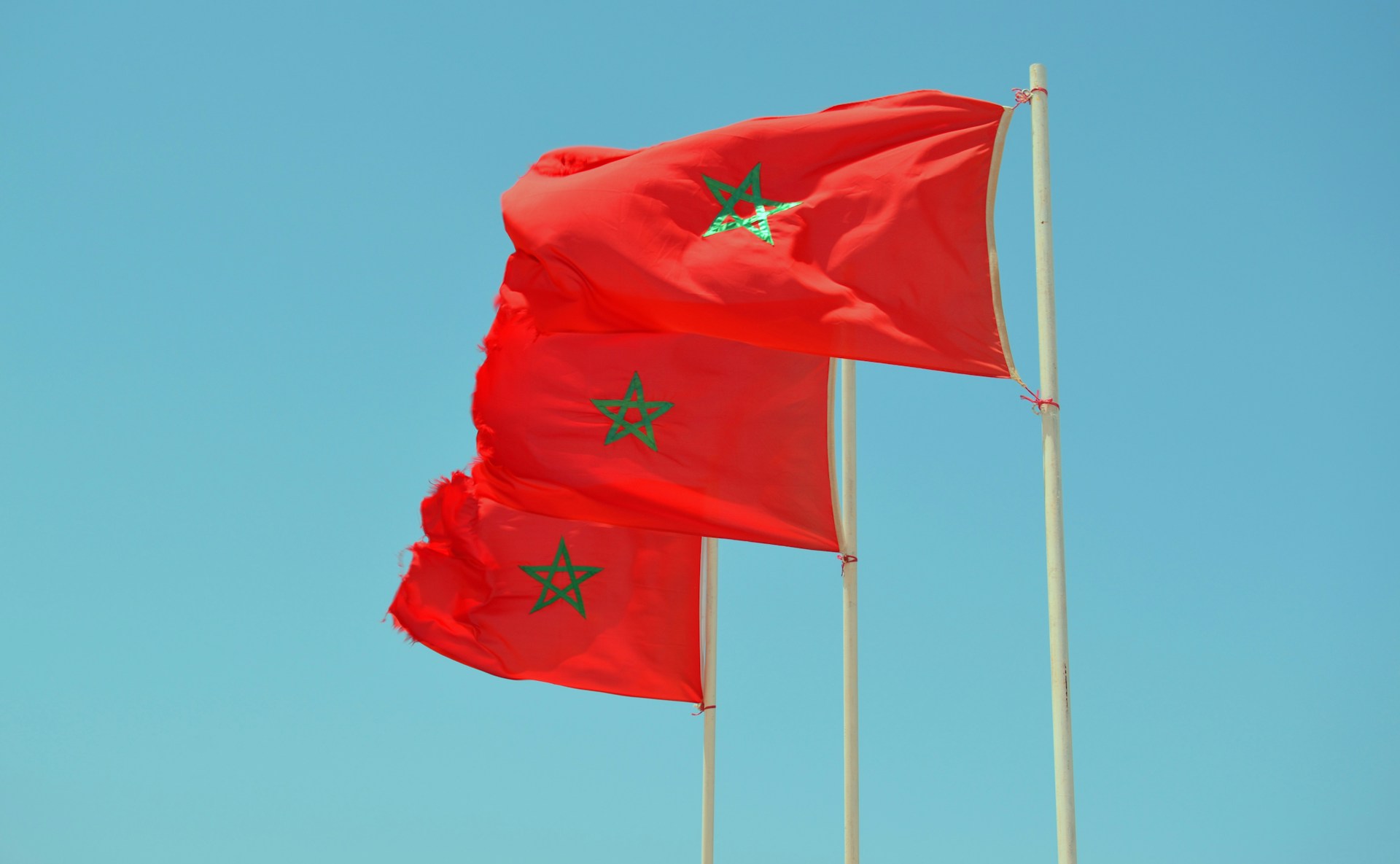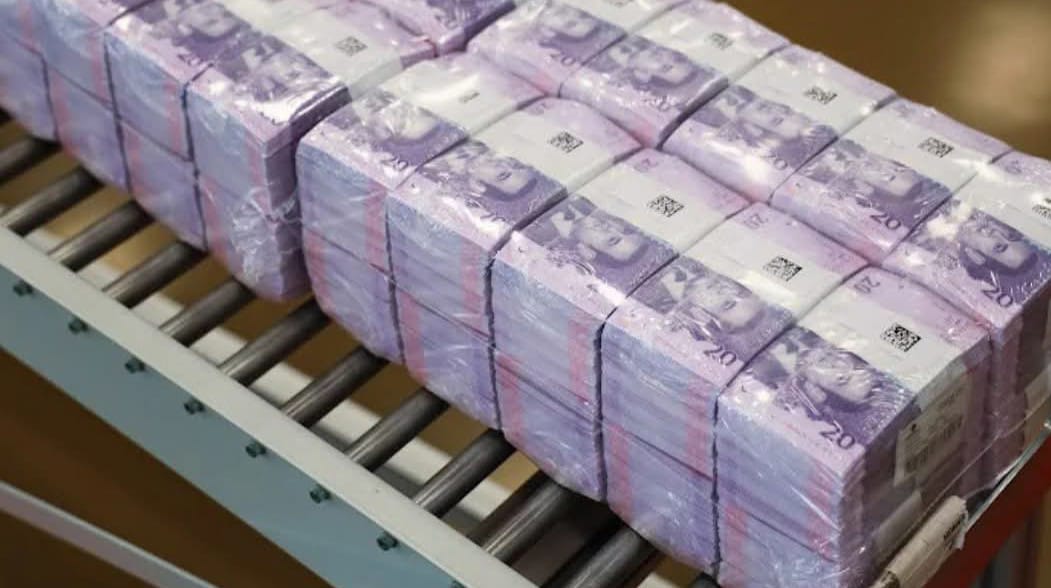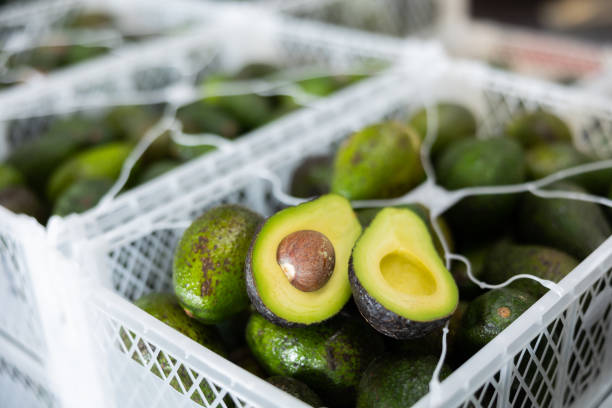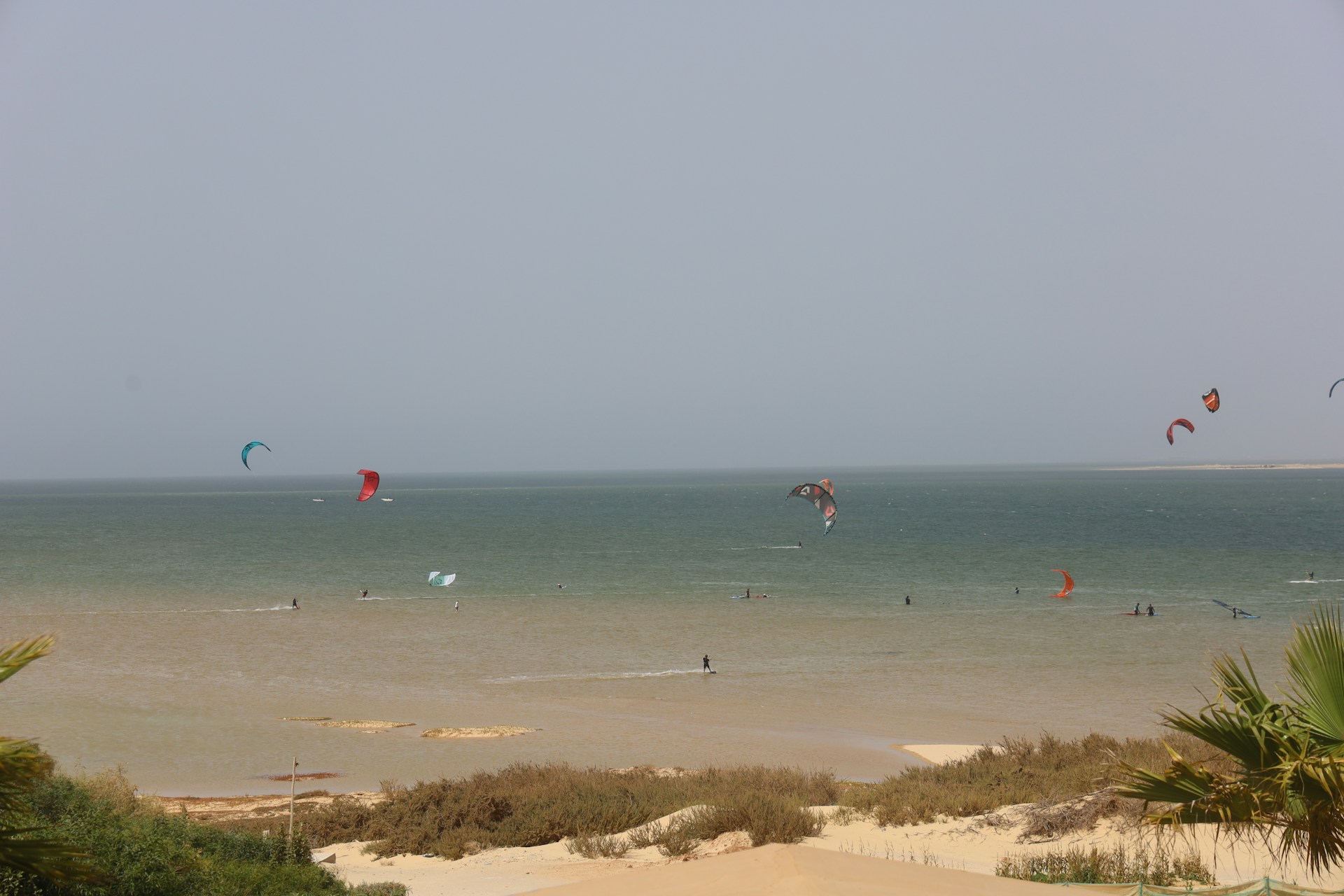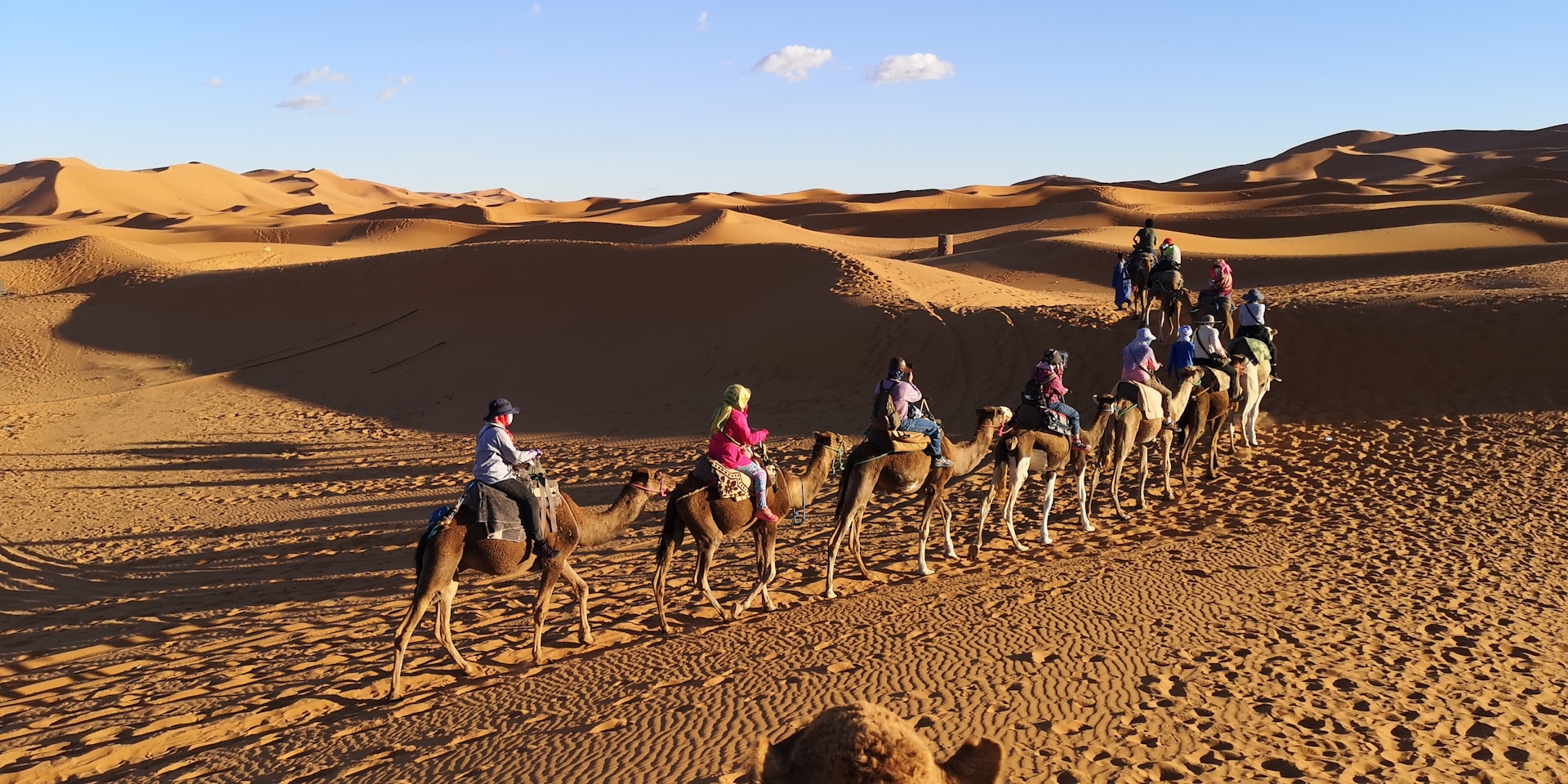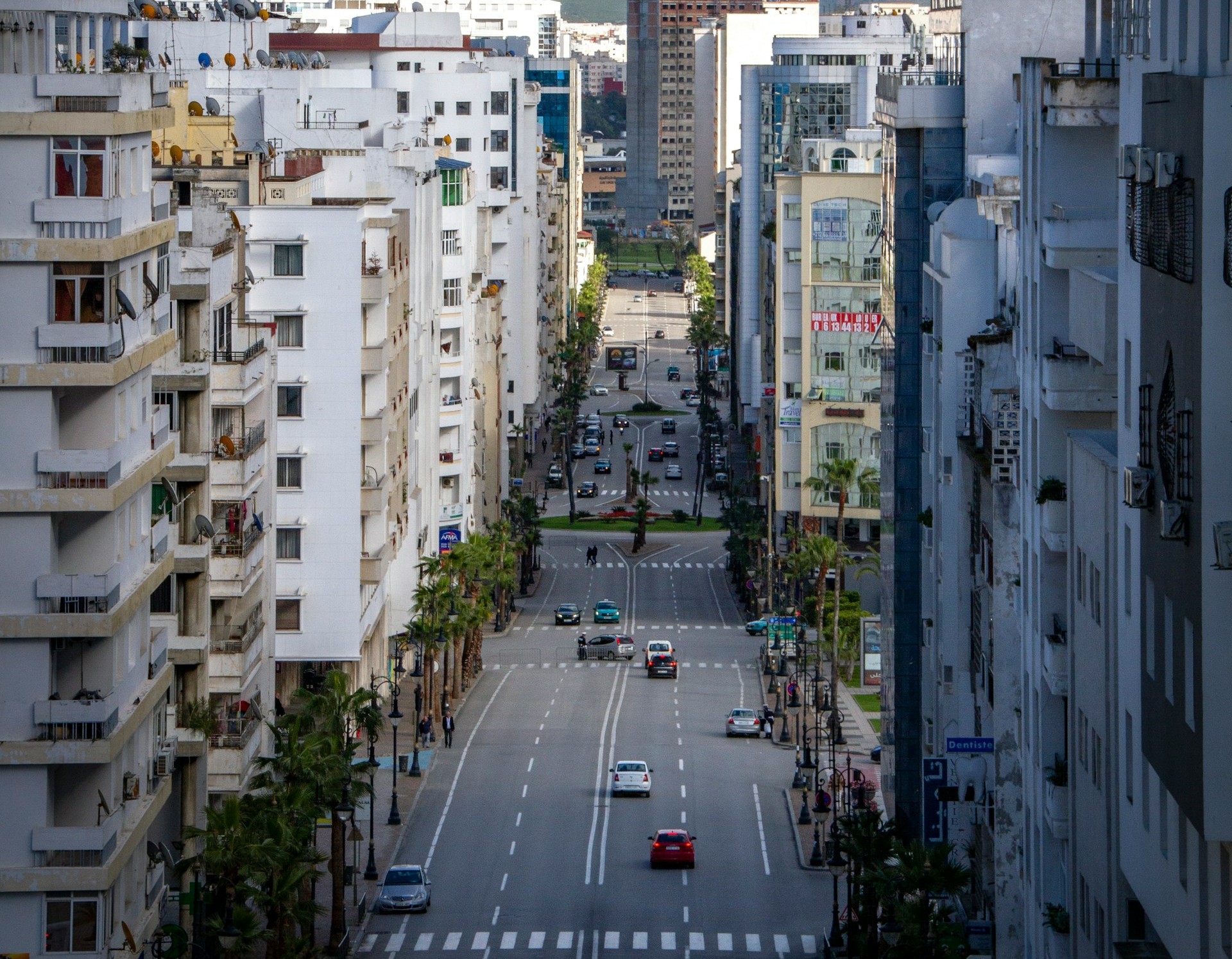Casablanca – Morocco’s date production is set to flourish in the 2023-2024 agricultural season, with expectations soaring to an impressive 8,000 tons, particularly from the lush oases of the Figuig region. This anticipated yield reflects the diligent efforts of the Regional Directorate of Agriculture (DRA) and the strategic initiatives under the Green Generation Strategy aimed at enhancing agricultural sustainability.
The DRA has confirmed that the palm groves in Figuig, covering approximately 2,627 hectares, are primed for this substantial output. With an estimated revenue generation of about $41 million, the date industry not only bolsters the local economy but also supports the creation of around 96,000 workdays annually, highlighting its pivotal role in regional employment.
The Figuig oasis, renowned for its rich agricultural heritage, spans 7,000 hectares, encompassing several key areas including Abbou Lakhal, Ain Chaair, Ain Chaouter, and Bouanane. The region has made remarkable strides in modernizing its agricultural infrastructure. Investments totaling $26 million have been directed towards enhancing the hydro-agricultural network, particularly through the connection of the Rkiza dam to the water canal of the Sfisef dam. This initiative has significantly improved water supply, delivering an additional 8 million cubic meters annually to support the flourishing date palms.
Moreover, innovative irrigation techniques are transforming the landscape of agriculture in the region. Approximately 98% of the targeted 5,400 hectares have transitioned to drip irrigation systems, significantly reducing water consumption by over 12 million cubic meters per year. These advancements not only promote resource efficiency but also fortify the region’s resilience to the impacts of climate change.
In an effort to further enhance the marketability of dates, the DRA is actively equipping local cooperatives with modern packaging technologies and providing essential logistical support. This initiative aims to elevate the profile of Moroccan dates in both domestic and international markets, as showcased at the recent International Date Show held in Erfoud. The event attracted participation from 18 professional organizations, underscoring the collective commitment to advancing the date sector. As Morocco prepares for this promising harvest, the synergy between modern agricultural practices and community support underscores a path toward sustainable development and economic growth. With a focus on the future, the date production sector stands as a testament to Morocco’s agricultural potential, ensuring that the nation continues to thrive in the global marketplace for this fruit.






